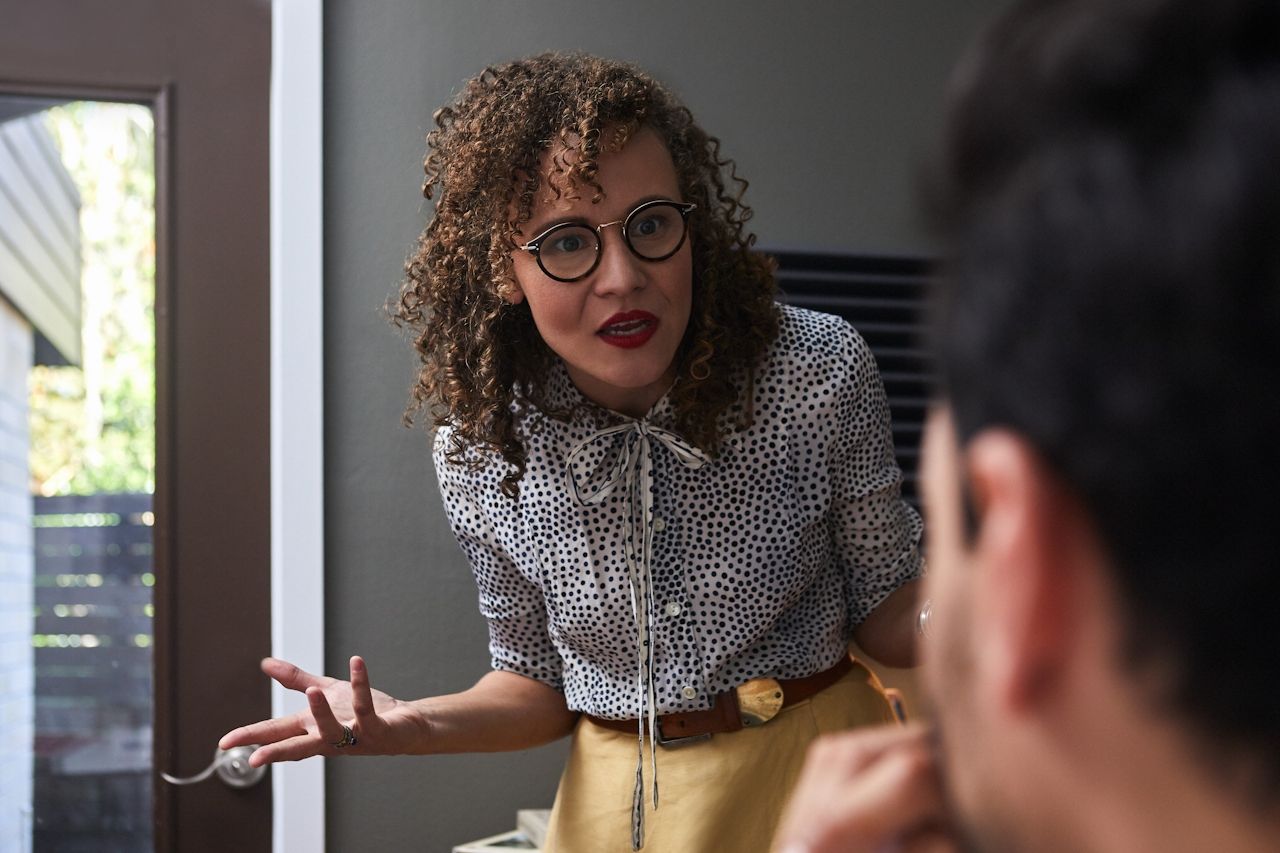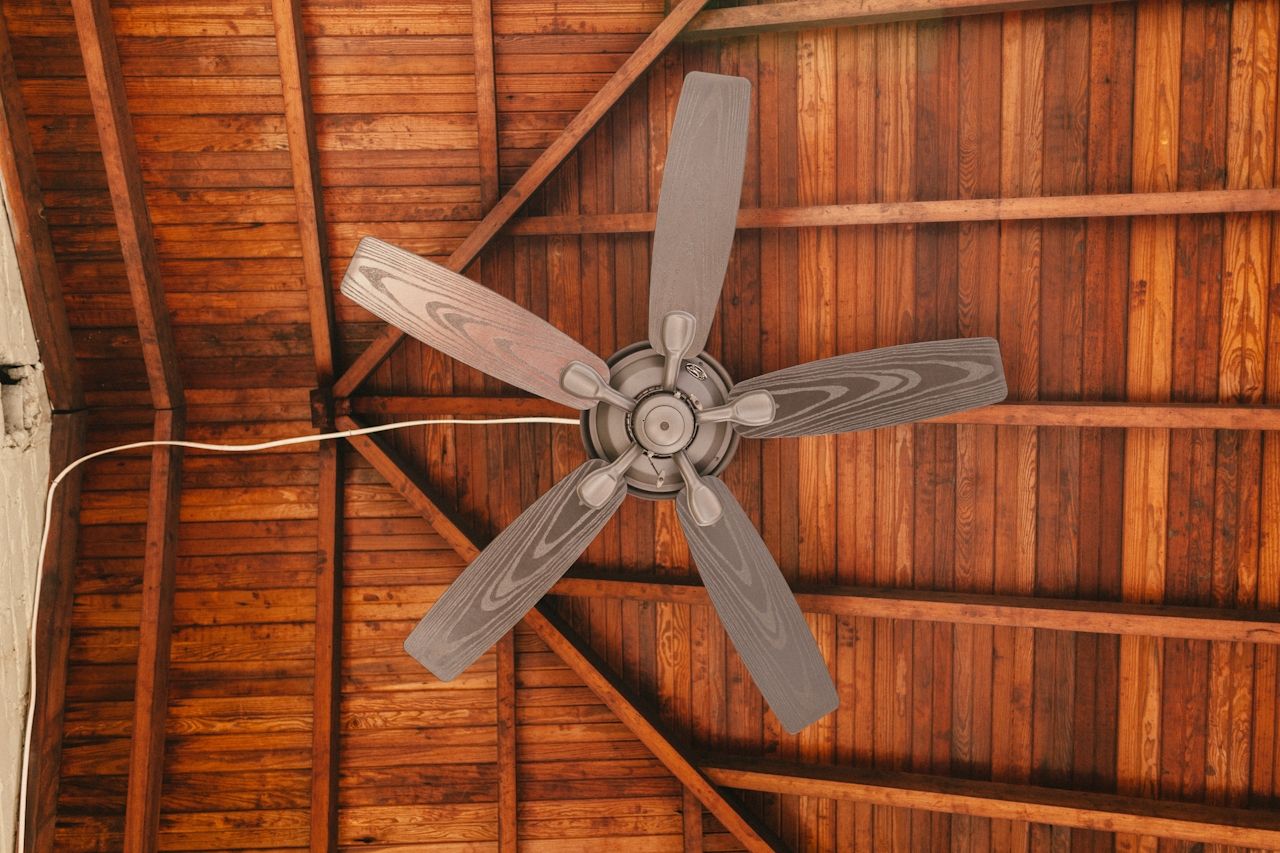What You Can Do about Nursing Home Abuse
More than 7 million people over the age of 65 required long-term care in 2014. In 2015, almost 1.4 million of these people were in a nursing home. A nursing home offers the most extensive care a person can get outside of a hospital.
While most nursing homes offer excellent care, some residents suffer abuse or neglect while living there. Abuse is intentional infliction of injury, physically or mentally, while neglect refers to a failure to provide a person with the care and services necessary to ensure freedom from harm or pain. This problem hit the news in Raleigh earlier this year, when someone put a camera in her father’s room, catching the staff treating her father poorly. Another case of mistreatment at a facility owned by the same group was just reported here in Lillington, NC.
If you feel uneasy about your loved one’s care, here are some signs of abuse or neglect at a nursing home.
- Outward signs of physical or emotional abuse. Examine your loved one for outward signs of physical abuse. Check for bruises, pressure ulcers, and cuts on the skin, especially in places that aren’t readily visible. Emotional symptoms of neglect and abuse can be a bit more difficult to detect. Watch for changes in behavior. Your loved one may become withdrawn or less apt to speak. Watch for sudden changes in appetite or sleep. These could all be a result of being spoken to in a condescending way.
- Lacking in personal hygiene. A big part of nursing home care is daily hygiene, brushing teeth, brushing hair, bathing, clipping nails, and more. If care facilities are understaffed, these things can go undone. Some nursing home residents cannot manage these tasks on their own. Lack of hygiene is a form of neglect.
- Dirty living spaces. Cleanliness is imperative to avoid diseases and sickness. Check if their sheets and room are clean. Check to make sure their clothes smell fresh. If any of these things are lacking, your loved one could be suffering from neglect. These unsanitary conditions could be detrimental to their health.
- Staff. Although most of the time you should check your loved one for any issues, sometimes the answer lies among the staff. Monitor the people caring for your loved one. If they seem unhappy or if things are always chaotic, you may have a reason to worry. Also, watch for constant staff turnover and make sure staff know who your loved one is. If your loved one says that they don’t want to be cared for by a certain provider, you may want to look into why.
What You Can Do if You Suspect Nursing Home Abuse
- Drop by unannounced. If you suspect problems, stop by to see your loved one at spontaneous times, and assess how the care compares each time. If you’re there more often, you can get a better feel for the type of care your loved one is receiving.
- Ask questions. If the staff doesn’t answer you or deflects the question, it may be a sign that neglect or abuse could be happening. When staff aren’t around, ask your loved one questions about the care and how they feel.
A Note About Cameras
It may be illegal in North Carolina to use a camera to spy on staff. Speak to your lawyer about this issue if you have questions.
Steps to Report Nursing Home Abuse
If you don’t feel your loved one is in imminent danger, talk first with the person administering hands-on care. If things don’t change, speak with the floor supervisor, and then the home administrator.
However, if things still aren’t getting better, contact the North Carolina ombudsman. The ombudsman office handles customer complaints for government-regulated agencies. You can also file a complaint with the NC Division of Health Service Regulation. You may also file a complaint with your local Department of Social Services. DSS will do an investigation and can fine the nursing home if they find they are not compliant with the laws and regulations.
- State Long-Term Care Ombudsman in North Carolina: (919) 733-8395
- NC Department of Health Service Regulation: (919) 855-4500
- Office on Aging: (919) 733-3983
- Medicaid Fraud Control Unit: (919) 881-2320 (for Medicaid fraud)
Keep open communication with both your loved one and the staff at his/her nursing home. Feel free to contact us for questions and help with elder law and nursing home abuse.


